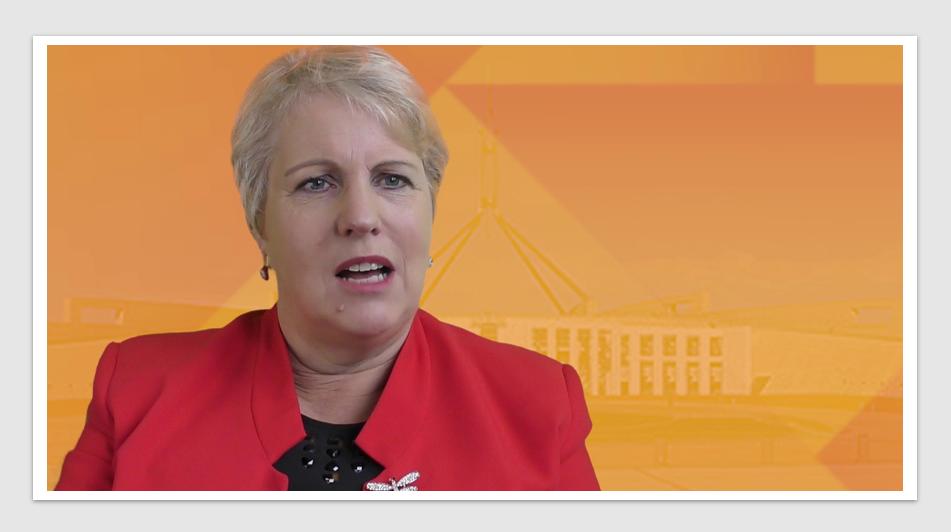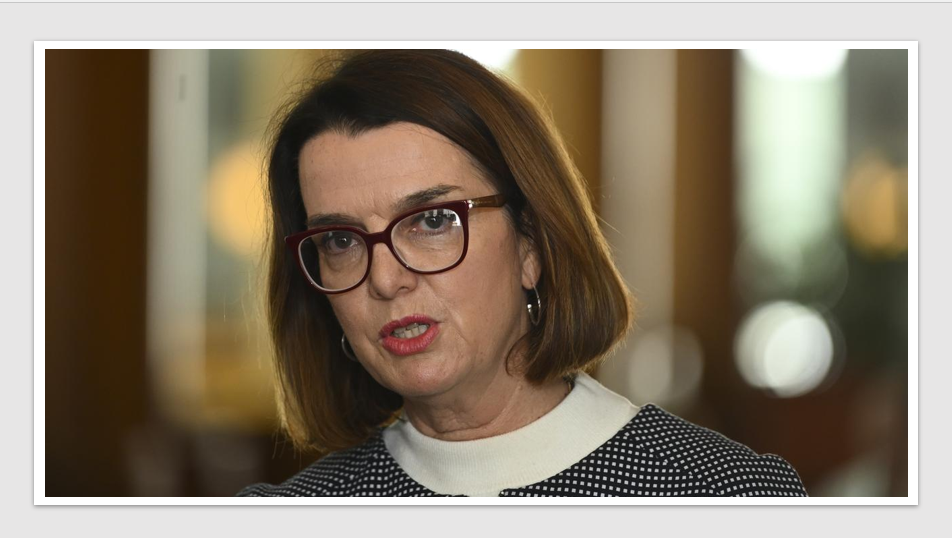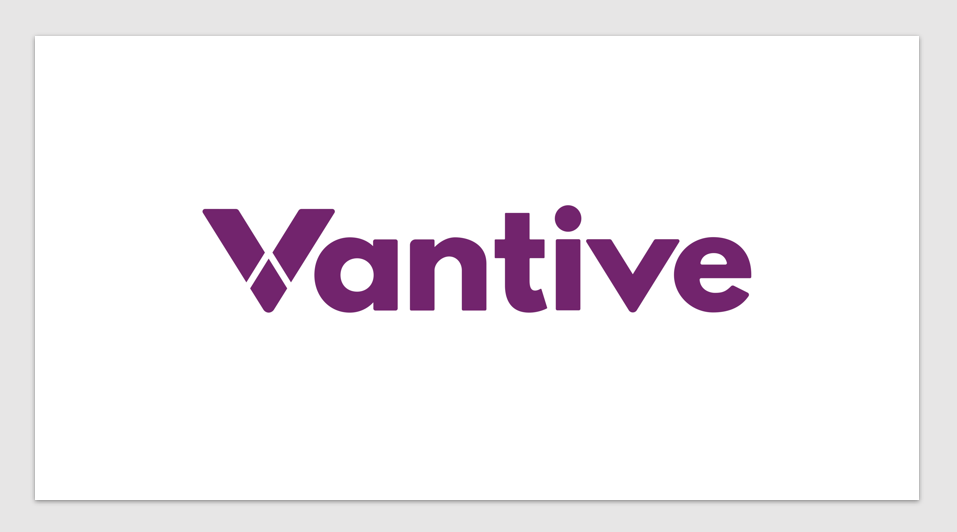Human Resources
Amgen’s cross-generational collaboration to inspire new thinking

Human Resources: Organisations have an important opportunity to engage employees across generations through the creation of meaningful and productive multidimensional careers.
In this third Health Industry Hub interview in a series, the importance of millennials in an age-inclusive workforce is highlighted. The first interview engaged Medicines Australia PAIG specialty group co-chairs Fiona Sheppard from Johnson and Johnson and Lee Davelaar from Pfizer, and the second interview included Jacinta Lawson Business Unit Director, Haematology at BMS and Patrick Smith Marketing Lead, Haematology at BMS.
Lisa Kurian, Director, Legal & Company Secretary at Amgen Australia revealed the company’s journey in cross-generational collaboration and how a blend of age-diversity can inspire new ways of thinking.
Amgen’s story began in 2017 when the organisation’s partnership with Macquarie University debuted. As the head of the Australian affiliate’s legal department, Lisa was passionate about embedding the university’s Professional and Community Engagement (PACE) program into the fabric of Amgen by inviting law students to participate. Through PACE, students can enrol to gain in-house exposure to the inner workings of a living and breathing organisation, while gaining a credit towards their university degree.
Health Industry Hub: How is population ageing changing the workplace in Australia?
Lisa Kurian: In the pharmaceutical industry, and definitely at Amgen, what you will find is a much older workforce compared to other industries. There are long standing individuals who have worked anywhere between 10 to 20 years in the pharmaceutical industry.
The way an internship program impacts the workforce for Amgen and other pharmaceutical companies is the opportunity for us to think innovatively. By bringing in students who have not even graduated, who are young with new ideas, who are not tainted by what the industry has believed previously will bring out the best in them and bring out the best in us in creating an innovative and diverse environment.
An internship program recognises the diversity of thought and opinion that is required to facilitate and enrich innovation.
Health Industry Hub: How did you bring the Amgen leaders on the journey of this cross-generational collaboration?
Lisa Kurian: Initially, some leaders questioned how university students coming in and spending only three months at Amgen would be beneficial to the organisation. However, over the years, the leaders have seen the benefits of the legal internship program.
I have been able to bring the interns into certain projects that I lead at Amgen. As an example, I roll out training on competition law on an annual basis. To be able to ask one of the interns to contribute by presenting to the organisation during the training, while balancing the fact that they had never presented to a large audience before, was refreshing. The intern gave me tips on how to make the slides more groovy and interactive. When the organisation and the senior leaders saw that the intern spoke about certain cases and gave relevant examples during a short part of my training, they loved it.
Chantelle Masters is one of many students who benefitted from the PACE initiative. Chantelle joined Amgen in July 2019 to complete a PACE internship, before being offered a part-time position as Legal Intern. Having worked in the Legal Department for over two years now, Chantelle reflects enthusiastically on her experience, explaining that her project-management capabilities, understanding of the regulatory environment, ability to tackle legal matters and confidence in expressing herself have all grown exponentially since joining Amgen.
There are teams within Amgen and other pharmaceutical companies where restricted budget pose issues in adding new members to their teams. An internship program is a tremendous opportunity to be able to develop mentoring skills in addition to seeking talent. After three months if you say I can’t let you go, like I did with Chantelle, you create a spot for them in your team.
What I’ve been most inspired by is that these university students are just so intelligent and so much further ahead of where I was at the time when I graduated. While the interns gain invaluable experience, Amgen is inspired by a relationship of mutual education and mentorship. Through their experience at university, the students are concurrently being exposed to new forms of world-class education and new ways of thinking.
In today’s knowledge economy where collective intelligence is the new form of wealth, we have found that the value of students’ insights can be key to innovation. You can really empower the interns to feel that they can make a difference in your organisation in a really short period of time.
Health Industry Hub: According to author Michelle Weise, the current education system is not designed for lifelong learning. How can this be transformed to accommodate today’s multigenerational employee needs?
Lisa Kurian: One of the flaws with universities is that there isn’t enough practical learning and practical experience. That’s why an internship program like PACE opens up the eyes for individuals.
I learned during the COVID-19 pandemic that moving from face to face to virtual internship mentoring was a different experience for myself and the interns. However, we adapted very quickly and optimised the opportunity in contributing to the success of our organisation and the interns while working from home.
Virtual teaching and learning is a significant change for universities. With technology and new ways of working, I think there are more ways to expand the opportunity for lifelong learning at universities.
In considering my professional learning requirements prior to COVID-19, I would attend face to face educational meetings. Since then, law firms have adapted their views on educating lawyers and allowing them to get their 10 Continuing Legal Education points virtually by developing podcasts, online modules and sessions that could be done after hours while I’m walking on the treadmill with my headphones on my ears.
It is thinking more broadly about how the multigenerational workforce can engage in continuing education that accommodates flexibility and commitment of time to learning.
Health Industry Hub: What upskilling is required in new technologies such as artificial intelligence (AI) to ensure a workforce fit for the future?
Lisa Kurian: COVID-19 has revolutionised the way we work, and it is all about technology. As an organisation, we have a duty and responsibility to look at how we can upskill and innovate in the digital space. For example, how do we educate healthcare professionals (HCPs) in the world that we’re living in?
The legal profession has already embraced AI in certain ways. For example, with draft contracts AI is used to search and highlight the areas of risk associated with a particular contract such as limitation of liability costs or insurance costs.
Chatbots are also becoming more and more popular. Wouldn’t it be great if a patient could type in questions about a particular disease area and have that friendly robot be able to answer certain queries? These opportunities shouldn’t threaten us as organisations because it will enhance the patient experience and enhance our ability to reach patients.
If there is ever a lesson that I’ve learned is that when you graduate from university, learning doesn’t stop. I continue to learn both professionally and on a personal level. That’s the growth mindset. Managers must be open to change, collaboration and innovation. Millennials can come in and help us see what we otherwise may not see ourselves.
Amgen Australia and Lisa Kurian dedicate this interview to Debra Ronan, founding Director of Macquarie University’s PACE programme. Debra has been described by her peers as a wonderful human being, a kind and caring colleague, and a passionate and compassionate educator. After some years battling with cancer, Debra Ronan very sadly passed away on 3rd November 2020. Debra’s legacy in Macquarie Law School will endure, creating a powerful ripple effect on innovation in law.
News & Trends - MedTech & Diagnostics

Parliament passes lung cancer legislation
MedTech & Diagnostics News: Lung cancer is the leading cause of cancer death and is responsible for almost one in […]
MoreNews & Trends - Pharmaceuticals

Senator Ruston criticises Budget’s lack of ‘real seamanship’ in tackling pressing healthcare challenges
Pharma News: Senator Anne Ruston, Shadow Health Minister, was warmly welcomed at the Post-Budget event held in Parliament House yesterday […]
MoreNews & Trends - MedTech & Diagnostics

Baxter announces branding for spin-off kidney care business
MedTech & Diagnostics News: Baxter has unveiled the mission and logo for its forthcoming kidney care and acute therapies company, […]
More